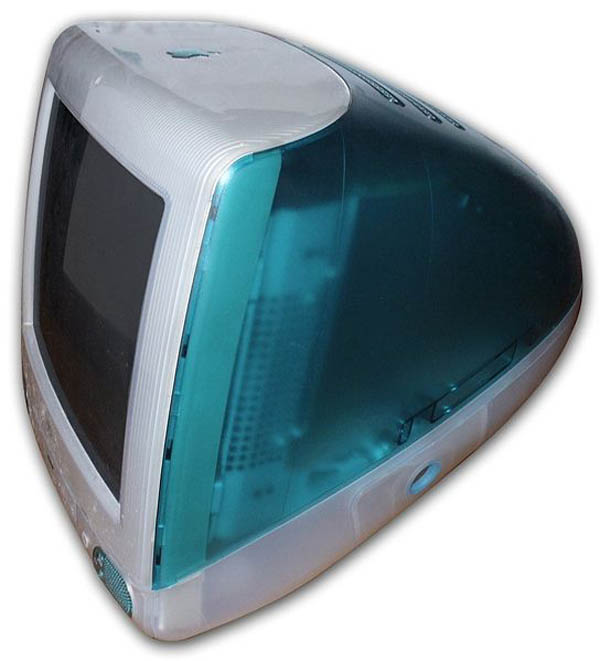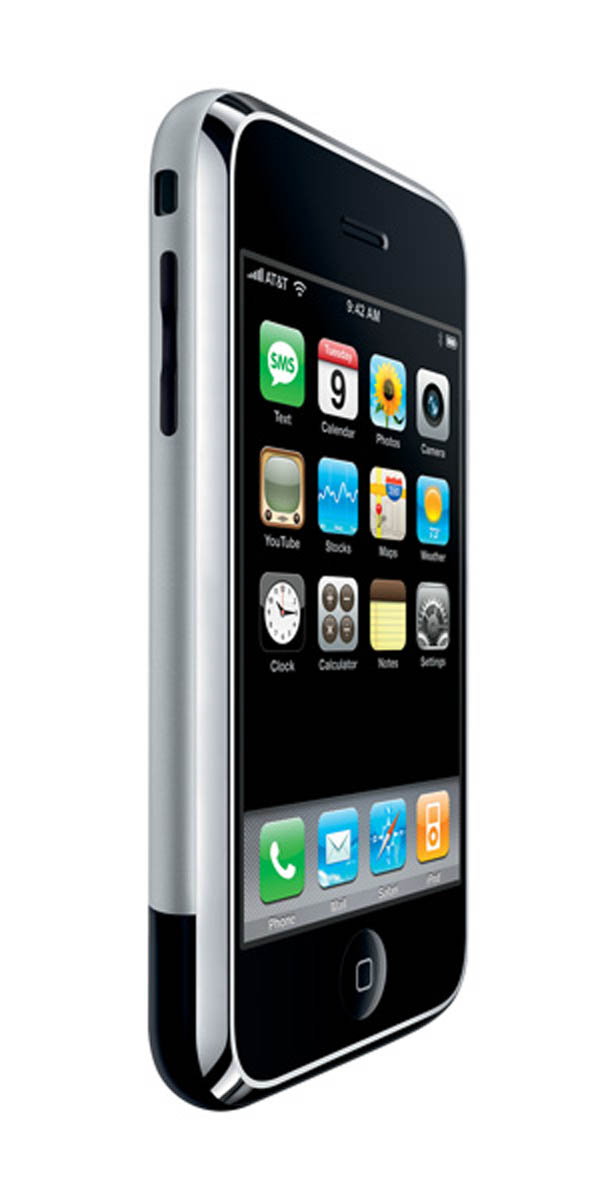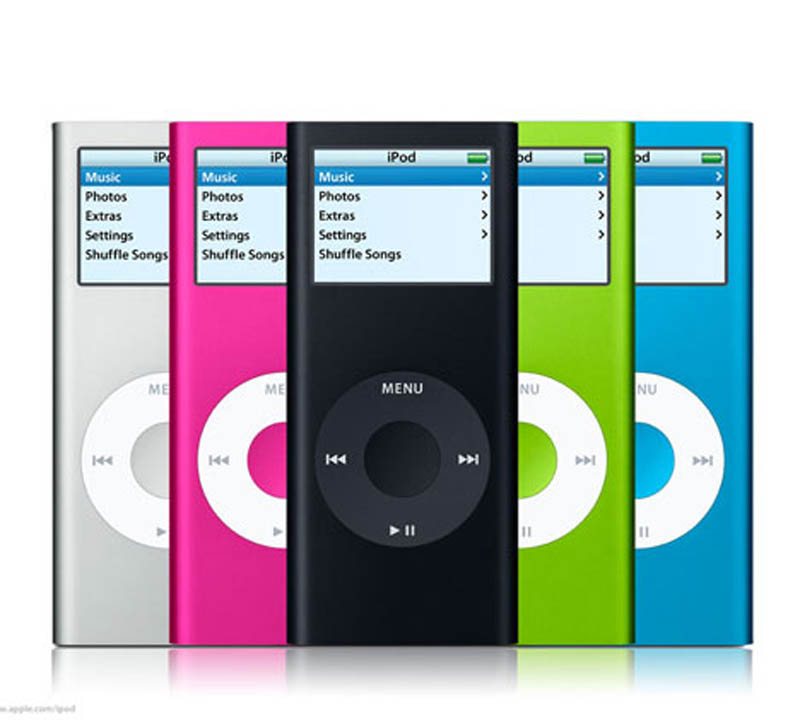As Steve Jobs steps down as leader of Apple until June — with the possibility that he may never return — we can step back and reflect on why he is so iconic. This is not simply the smoke and mirrors of a powerfully enigmatic personality, but the legacy of a clever businessman who changed the industry and changed the game. This is his Top 5.
5. The Apple brand

The power of branding can never be underestimated: the Apple logo evolved from the memorable and colourful striped Apple symbol from when Jobs was co-founder to the stripped-down minimalist glass logo introduced in 1998 soon after Jobs returned to Apple in the form of CEO. We have seen how Jobs has deliberately made Apple into a desirable lifestyle brand.
Before, Apple technology was not sexy; technology was not desirable and technology was not aspirational. Thank you, Steve Jobs, for bringing sexy back.
4. iMac

Remember when all computers were dull beige or grey boxes that looked like they should be hidden in the study, away from prying eyes and good taste?
Jobs blew this preconception of functional technology out of the water when he introduced the iMac G3 in 1998. The CPU and monitor were boxed into one compartment in the now-famous eye-popping Bondi Blue, with a range of fun colours arriving later.
Despite the high price point, the iMac marked the moment when desktop computers truly appealed to the consumer market and became an object of desire.
3. iTunes

While some of us still hold on to our vinyl, and CDs are the ultimate expression of music appreciation, we cannot deny that digital downloads introduced us to instant music at our fingertips.
After the iTunes music library was introduced in 2001, the iTunes Store followed in 2003, and since then over nine million songs have been downloaded to date – a testament to the success and popularity of the product.
Despite many other MP3/MP4 download sites developing, iTunes, with the integration of music-management software and an online store directly feeding into the iPod, was a strategic move on Jobs’ behalf – making sure that there was an interconnected music ecosystem.
2. iPhone

In one of the most exciting MacWorld events ever, in January 2007 Jobs referred to the iPhone as a revolutionary internet device. All touchscreen and combining the iPod with a web-enabled phone and great design, this handset has truly changed the mobile industry, influencing the LG, Palm, Motorola and Nokia smart phones that followed in its wake.
Lines of fanboys and fangirls queuing up outside Apple stores around the world lent a Beatles-esque frenzy and excitement to its launch, cementing the Apple brand as not only one of the most influential in technology, but around the world. Apple had reached cult status.
1. iPod

Some might think that the iPhone should take pride of pace as the No 1 legacy of Steve Jobs, but he really changed the game with the iPod. No other MP3/MP4 player has sold as much, or been in as much demand.
Although MP3 players first appeared on the market in 1999, when Apple introduced the first iPod in 2001 it was the simple user interface and compact design that made it a household name, causing people to use iPod as a synonym for MP3 player in the same way that Xerox had been used to mean photocopier.
Despite the eight years that have passed since the first model was released, Apple has kept up with the portable media market, delivering ‘finger-on-the-pulse’ iterations of one of the most iconic gadgets ever designed.
By Marie Boran